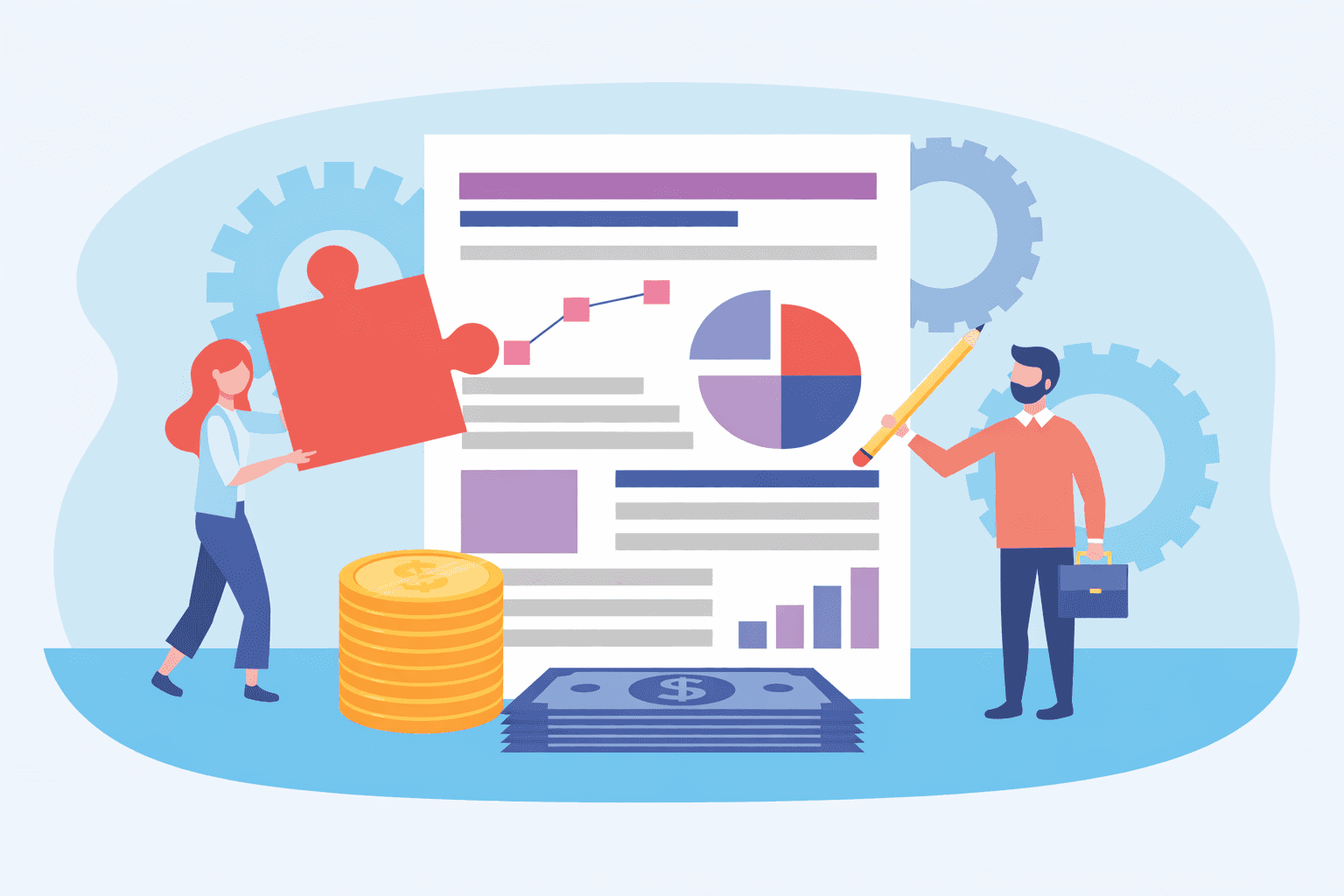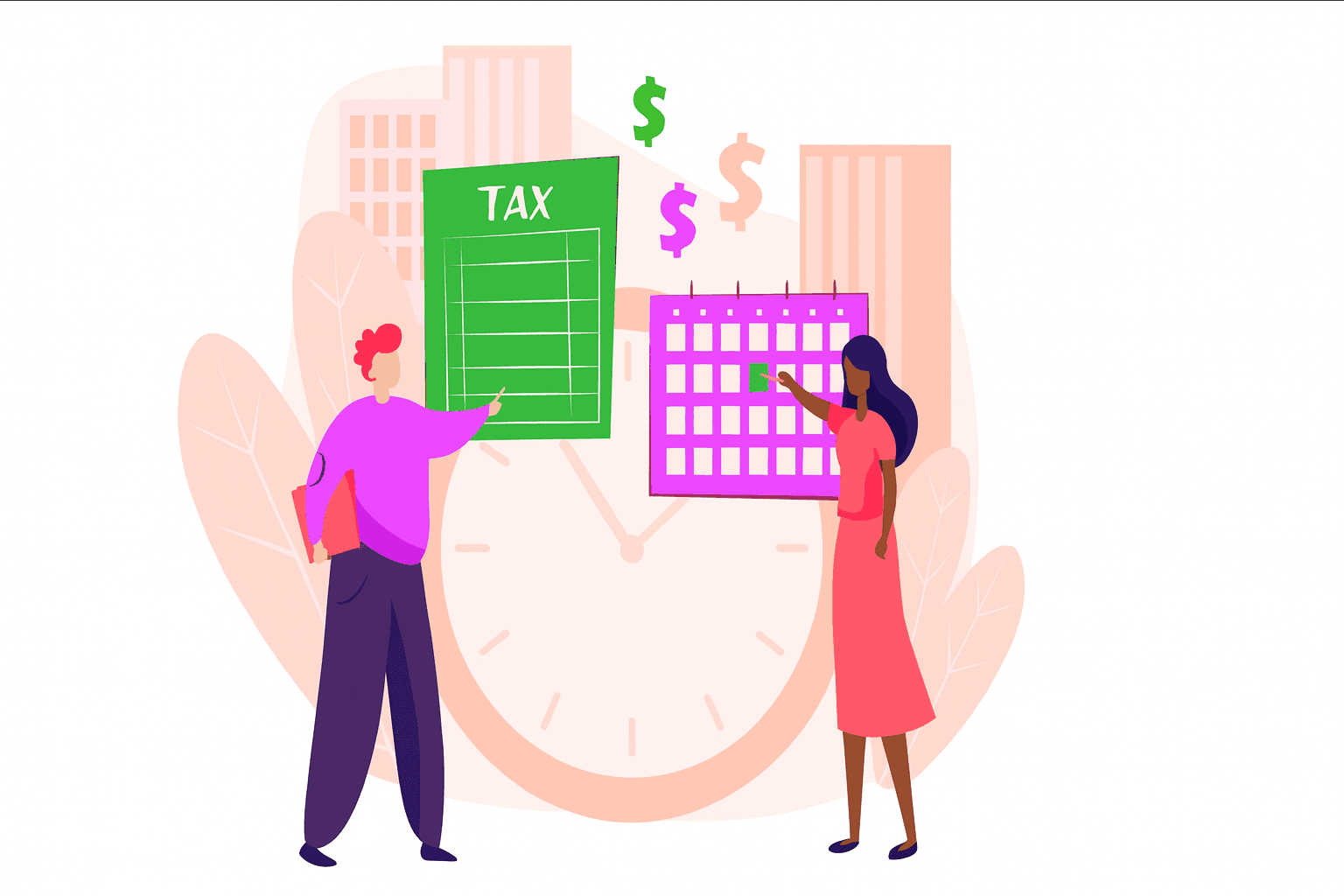How Technology Delivers Automated, Tax-Ready Bookkeeping Services for Small Businesses
Bookkeeping involves tracking a business’s income, expenses, and financial activities. It provides clarity on how much money is being made, where it’s being spent, and what is owed. However, managing bookkeeping manually can be time-consuming, prone to errors, and difficult to scale. This is where modern technology steps in—making bookkeeping easier, faster, and more accurate.
Here’s how various tools and technologies help manage financial data, automate processes, and ensure that books stay accurate, tax-ready, and current.
Why Small Business Bookkeeping Needs Technology Today
Technology plays a critical role in modern virtual bookkeeping services for several key reasons:
Accuracy: Reduces human errors in data entry and calculations.
Speed: Processes transactions significantly faster than manual methods.
Real-Time Access: Enables anytime, anywhere access through cloud bookkeeping platforms.
Security: Ensures financial data is stored securely and backed up regularly.
Compliance: Keeps records aligned with tax and legal requirements via automatic software updates.
These benefits make technology indispensable for effective small business bookkeeping.
Cloud Bookkeeping Software: The Backbone of Outsourced Bookkeeping Services
Cloud-based accounting software such as QuickBooks Online, Xero, and Zoho Books allows business owners and accountants to access financial data from anywhere, securely and in real time.
Key benefits include:
Real-Time Data: Bank transactions, invoices, and expenses are recorded instantly.
Multi-User Access: Business owners, bookkeepers, and accountants can collaborate on the same file.
Automatic Updates: Eliminates the need to install or update software manually.
App Integrations: Easily connects with payroll systems, CRMs, and payment gateways.
With cloud bookkeeping software for small businesses, there’s no need to send spreadsheets back and forth—everything is centralized, organized, and secure.
Bank Feed Integration for Automated Bookkeeping
Bank feed integration is one of the most powerful features of cloud accounting platforms. It enables secure connections between bank and credit card accounts and the accounting system, allowing transactions to be imported automatically.
Key functionalities include:
Connecting bank accounts to pull in daily transactions.
Automating expense categorization using custom rules.
Reconciling bank statements quickly and accurately.
This automation eliminates manual entry, minimizes errors, and ensures that financial records are always aligned with actual cash flow.
Digital Invoicing and Online Payments with Secure Cloud Bookkeeping
Efficient invoicing is critical for healthy cash flow. Digital invoicing systems allow businesses to send professional invoices and accept online payments seamlessly.
Common features include:
Automated invoice creation and delivery.
Payment reminders for overdue invoices.
Multiple payment options including ACH and credit cards.
Once a payment is received, the transaction is automatically updated in the accounting system—streamlining reconciliation and reducing time spent on accounts receivable.
Managing Payroll with Technology-Driven Bookkeeping Tools
Payroll processing can be complex, especially for small businesses. Tools like Gusto, QuickBooks Payroll, and ADP simplify payroll by handling calculations, compliance, and employee payments efficiently.
These systems handle:
Accurate calculation of wages, taxes, and deductions.
Direct deposit payments to employees.
Automatic filing of federal and state payroll taxes.
Generation of pay stubs, W-2s, and 1099s at year-end.
Payroll data integrates directly into the books, ensuring full visibility into labor costs and tax obligations.
Financial Reports from a Cloud-Based Bookkeeping System
Technology enables the creation of real-time financial reports and dashboards that support better business decisions.
Reports commonly include:
Profit & Loss Statements
Balance Sheets
Cash Flow Reports
Accounts Receivable/Payable Summaries
These reports can be customized and scheduled for delivery on a weekly, monthly, or quarterly basis, depending on the business’s needs.
Staying Tax-Ready with Compliant, Secure Bookkeeping
Tax compliance is essential for U.S. businesses. Technology supports compliance by tracking tax-related data and generating reports that are CPA-ready.
Key capabilities include:
Tracking deductible expenses.
Recording multi-state sales tax.
Generating clean, audit-ready financial reports.
With automated processes and up-to-date books, tax filing becomes a streamlined and stress-free experience.
Bookkeeping Security: Encryption, Backups & Role-Based Access
Financial data security is a top priority. Modern cloud bookkeeping platforms incorporate strict data protection standards to ensure privacy and prevent unauthorized access.
Security features include:
Two-factor authentication (2FA)
Bank-level encryption
Automatic backups
Role-based access controls
Audit logs and user tracking
These measures provide peace of mind, knowing that sensitive financial information is well-protected.
Bookkeeping Doesn’t Have to Be Hard — Let Us Simplify It
Bookkeeping doesn’t have to be messy, confusing, or stressful. With the help of modern technology, FinOpSys keeps your books up-to-date, accurate, and tax-ready.
Whether you're a small business owner or running a growing company in the U.S., we’re here to help you:
Save time
Avoid costly mistakes
Make better business decisions
Stay tax-ready all year long
Let’s use technology to take the hassle out of your small business bookkeeping — so you can focus on growing your business.
Share blog:










